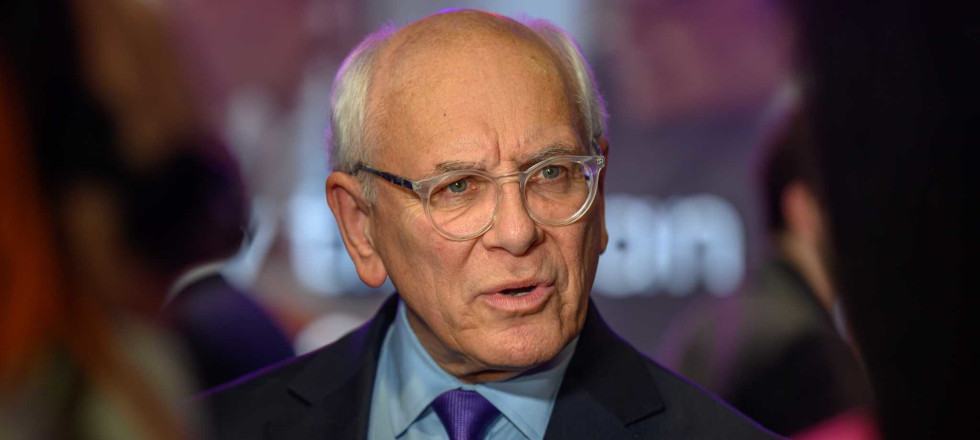Last updated on May 20th, 2025 at 12:38 pm
New York Congressman Paul Tonko introduced new federal legislation overseeing sports betting ads in the US. The proposed bill also controls the use of artificial intelligence in the industry. The SAFE Bet Act aims to create a framework for tackling negative results from legalized sports wagering.
Sports betting is legal in 38 states plus DC, and Tonko has spearheaded legislative attempts to establish regulations for the industry. Additionally, thirty states have decriminalized phone-based gambling.
According to Bwager sources, during his speech at an event in Saratoga Springs, Democratic congressman Tonko from New York’s 20th district emphasized the need for federal engagement.
During his address, he said that a measure outlining regulations for advertising, affordability assessments, and the use of AI in sports betting is nearly finished. He wants to protect vulnerable people while preserving the right to gamble.
New Federal Legislation on Sports Betting Marketing
 This regulation addresses the misleading advertising problem by prohibiting phrases like “bonus bets” and other similar promotions encouraging individuals to place bets. The SAFE Bet Act would outlaw “no sweat” bets and similar ones because they promote careless gaming. Thus, people who open a sportsbook need to know the new rules.
This regulation addresses the misleading advertising problem by prohibiting phrases like “bonus bets” and other similar promotions encouraging individuals to place bets. The SAFE Bet Act would outlaw “no sweat” bets and similar ones because they promote careless gaming. Thus, people who open a sportsbook need to know the new rules.
In addition, the proposed legislation states that betting-related advertising shall not air during live sporting events and that those that do air cannot be aired between 8:00 AM and 10:00 PM.
According to Tonko, sports betting ads are as unregulated as a “Wild West” situation. He suggests legislation to stop these commercials from targeting specific demographics, such as young people or individuals in recovery from gambling addiction.
SAFE Bet Act
The SAFE Bet Act also addresses concerns about the cost of sports betting. It states that no account can have more than five deposits in a 24-hour period. Furthermore, individuals will have to prove their financial capacity before making big wagers, but the exact criteria are still up for debate among various parties.
In light of the recent Supreme Court decision legalizing high-tech sports betting, New York Democrat Paul Tonko has stated that his SAFE Bet Act will provide regulations to safeguard American citizens from gambling-related damage.
Tonko’s bill also addresses the use of AI to monitor gambling habits. The regulation aims to prevent sportsbooks from utilizing artificial intelligence to track customers’ betting habits or generate customer-specific advertisements. Furthermore, the proposed rule barred the construction of any AI system built upon live pricing models.
Ads for online gaming accounts and the usage of credit cards for this purpose are already heavily regulated in the US states of Pennsylvania and Maine. However, the SAFE Bet Act aims to set a uniform federal standard that any state that allows sports betting will follow. This will lead to a more stable and predictable gaming environment as all states’ systems will be based on the exact fundamental needs.
Do you want to start a bookie business? Are you curious why pay per head companies make bookies more money? We recommend reading bookie tutorials on PPH services to know how they can help you start a sportsbook.


